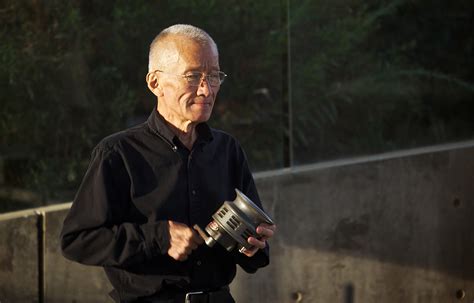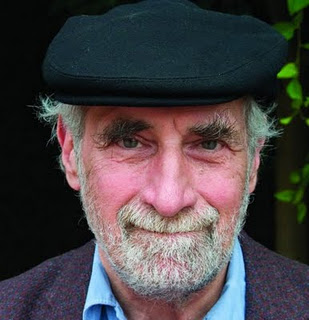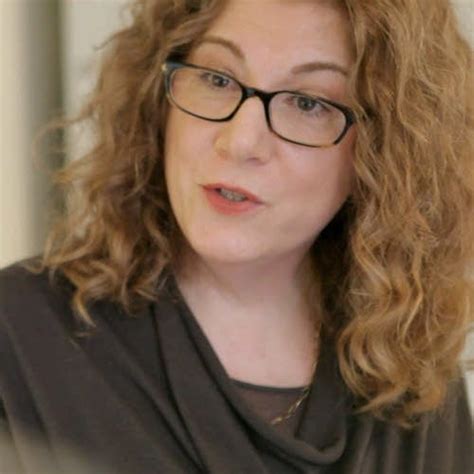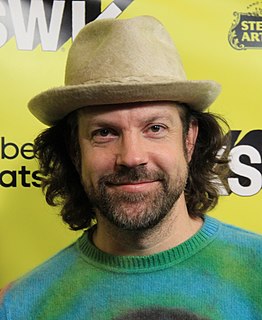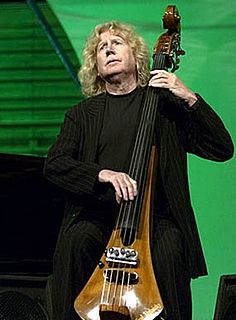A Quote by Patti Smith
You don't want to OD on improvisation.
Quote Topics
Related Quotes
In 1968 I ran into Steve Lacy on the street in Rome. I took out my pocket tape recorder and asked him to describe in fifteen seconds the difference between composition and improvisation. He answered: "In fifteen seconds the difference between composition and improvisation is that in composition you have all the time you want to decide what to say in fifteen seconds, while in improvisation you have fifteen seconds." His answer lasted exactly fifteen seconds.
I have had much pleasure in working with Orphei Drängar during my time as chief conductor of the Gothenburg Symphony Orchestra, and I consider OD to be one of the most brilliant men´s choirs in the world. The singers are highly professional and their repertoire is of a very wide range, but then they have been trained for years by Eric Ericson, the world´s leading choir conductor. I also admire the strength and the beauty of their voices. OD is an extraordinary powerful choir!
Kurt Cobain OD'd on heroin before committing suicide, but he also OD'd on fame. Cobain was like Basquiat: They both wanted to be famous, and were brilliant enough to make it happen. But then what? Drug addicts kill themselves trying to get that feeling they got from their first high, looking for an experience they'll never get again. In his suicide note, Cobain asked himself, "Why don't you just enjoy it?" and then answered, "I don't know!" It's amazing how much of a mindfuck success can be.


